Search
Research
Climate change policies fail to protect child healthNational policies are essential for countries to adapt to the negative health impacts of climate change. Children are disproportionately affected by these impacts and must be at the heart of adaptation policies to address their vulnerabilities. Adaptation commitments worldwide are integrated into national adaptation plans, nationally determined contributions, national communications, and other multisectoral policies. We aimed to evaluate how effectively national climate change policies worldwide plan to protect child health, considering a range of determinants for successful child-health adaptation.
Research
Longitudinal Profiling of the Human Milk Microbiome from Birth to 12 Months Reveals Overall Stability and Selective Taxa-Level VariationHuman milk bacteria contribute to gut microbiome establishment in breastfed infants. Although breastfeeding is recommended throughout infancy, temporal variation in the milk microbiome-particularly beyond solid food introduction-remains understudied. We analyzed 539 milk samples from 83 mother-infant dyads between 1 week and 12 months postpartum using full-length 16S rRNA gene sequencing.
Research
Sex assigned at birth may modify health-related quality of life in children treated with peanut oral immunotherapyThe high burden of peanut allergy underscores the need for treatment options that improve patient health-related quality of life (HRQL). However, the modifying effect of sex assigned at birth on treatment-related outcomes remains poorly understood. We sought to investigate whether sex modifies treatment effect on the change in overall and subdomain HRQL during the PPOIT-003 trial.

Two international trials led by The Kids Research Institute Australia’s Neonatal and Infection Immunity Team are tackling the urgent need for simple and safe interventions that can help prevent the adverse long-term effects of infections in extremely preterm babies.
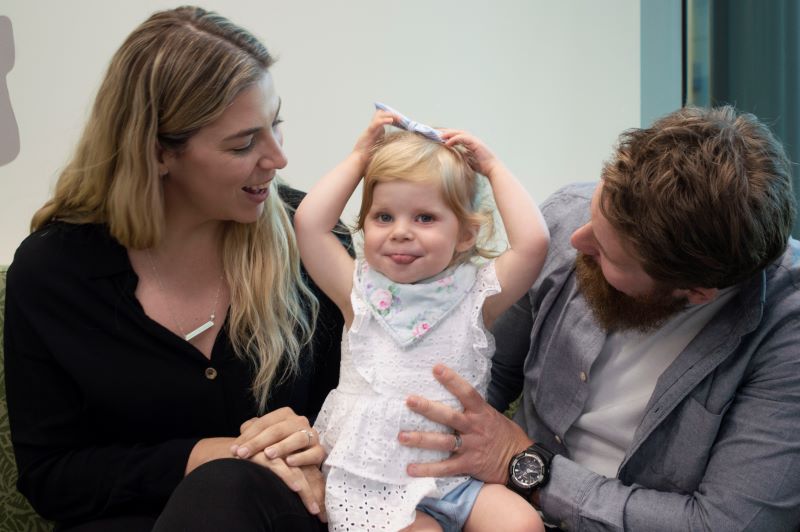
CliniKids, the first stand-alone clinical service offered by The Kids Research Institute Australia, was launched in October 2019 and is already delivering benefits for families with children who are developing differently.
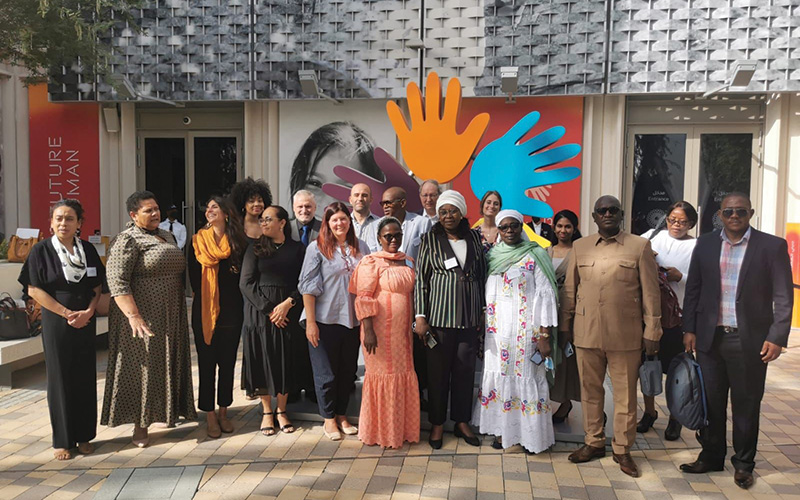
A powerful data tool developed by international child development researcher Professor Sally Brinkman and former research assistant Tom Brown could improve early childhood support for children around the world after being launched in Dubai this year.
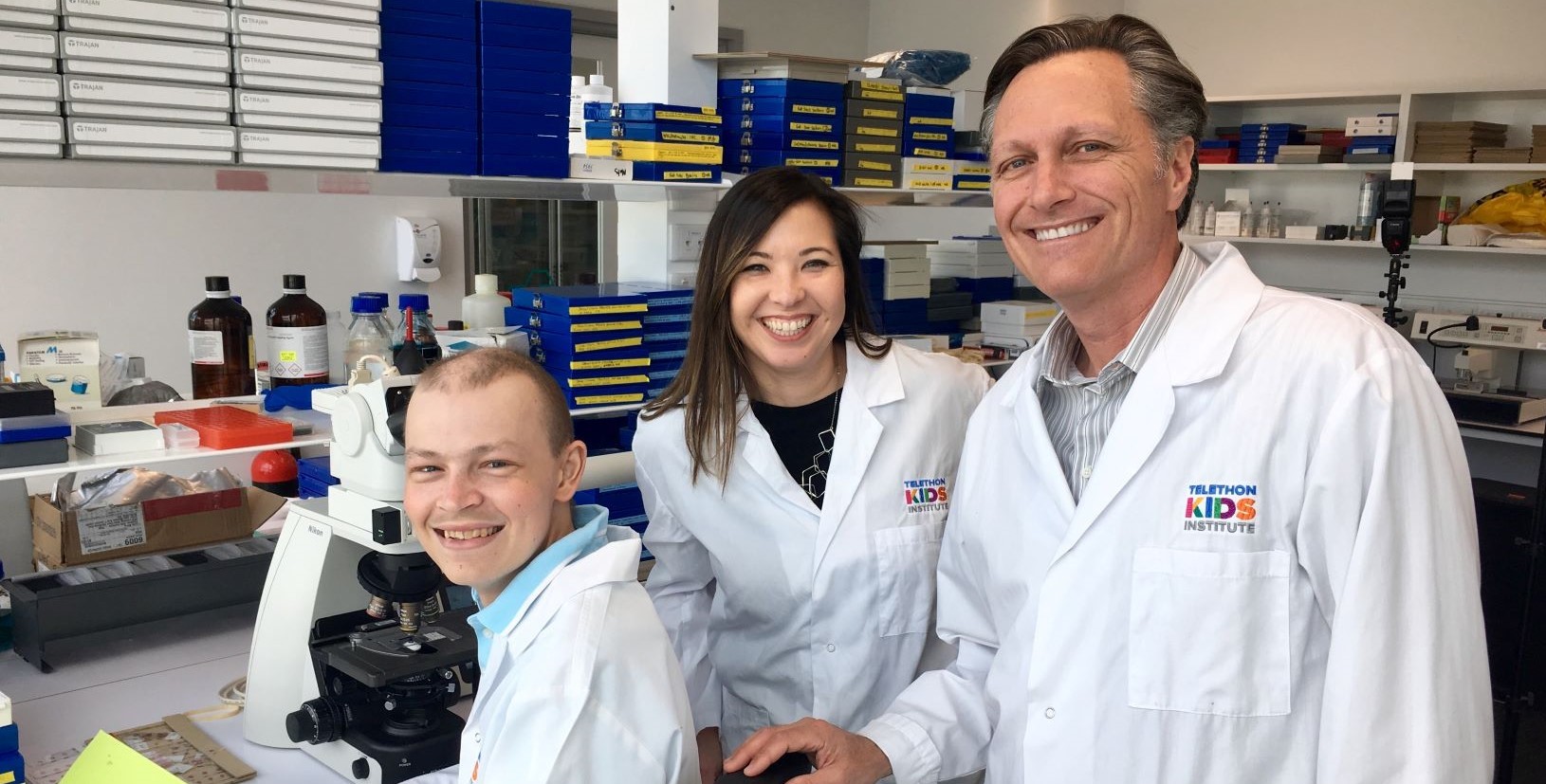
An international clinical trial led by The Kids Research Institute Australia Cancer Centre is trialling a drug which could increase cure rates for aggressive forms of childhood brain cancer.
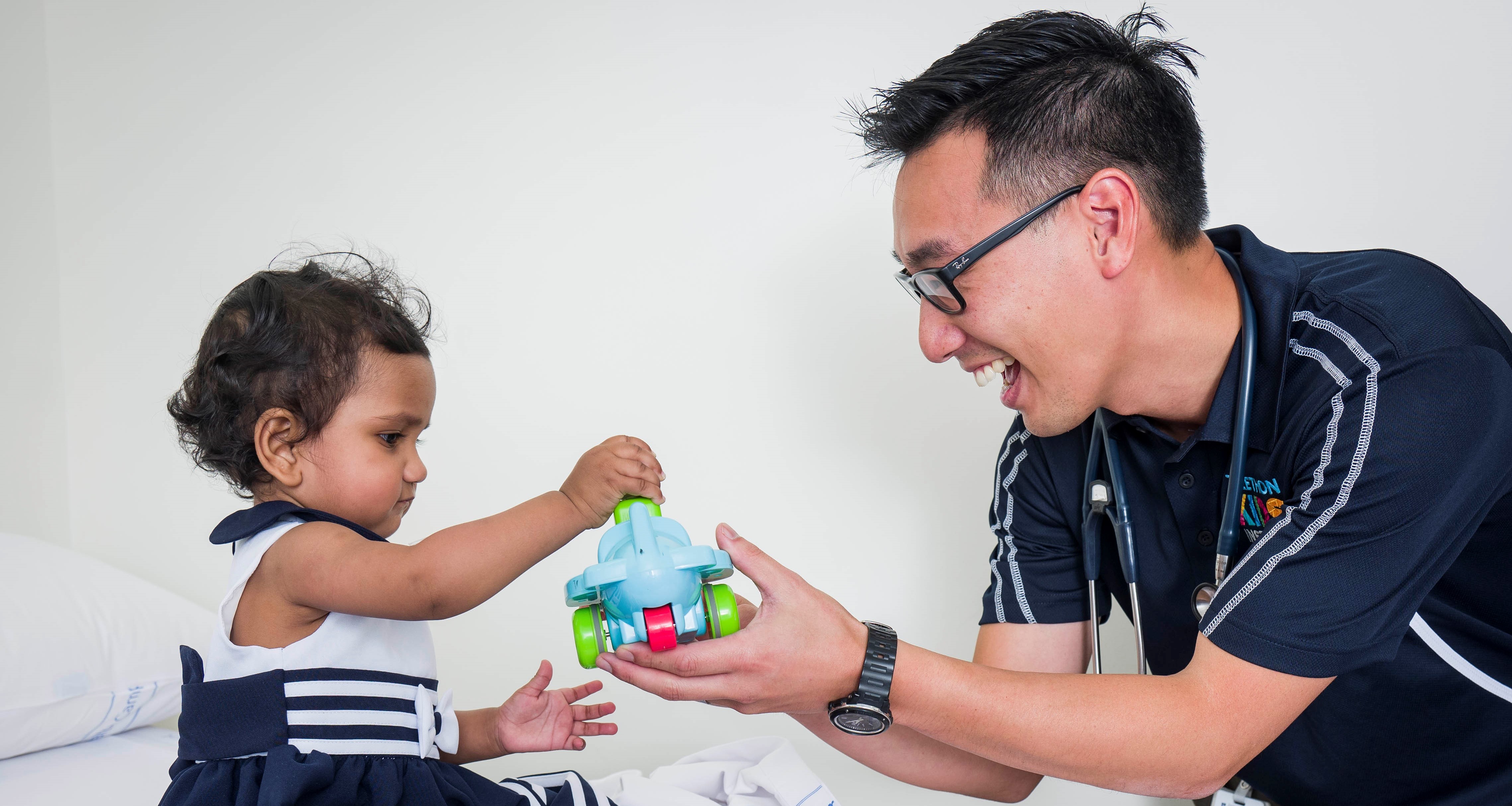
The ORIGINS Project, a collaboration between The Kids and Joondalup Health Campus, is collecting data and biological samples from 10,000 families over 10 years. Its work is also giving participating families a valuable heads up on health issues.
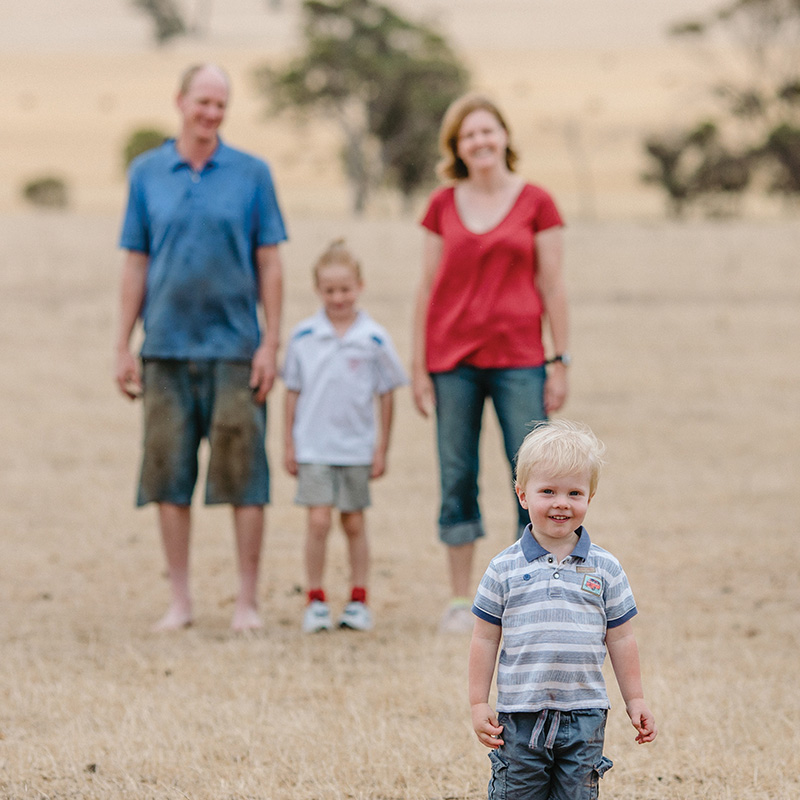
A program unfolding in four very diverse locations across Western Australia is working to give children aged 0–4 the best start in life.
Research
Vitamin D and SunlightIn a sunny country such as Australia, it’s important to identify how to achieve the right amount of sun exposure for good health. We need to be able to harness the benefits of vitamin D and sunlight while remaining protected from the proven dangers of too much UV radiation.
